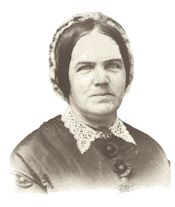Eight miles east of Oconee River, three miles south of M. & S. R. R.
November 26, 1864, 12 p.m.
Howard wrote Osterhaus a letter congratulating him on the success in the Griswoldville fight, and had it published to us to-day.
__________
Headquarters Dept. and Army of the Tennessee.,
Gordon, Ga., November 23d, 1864.
Mayor General Osterhaus, Com’dg. 15th Corps:
General:
I take sincere pleasure in congratulating the Brigade of General Walcutt, of General Wood’s Division of the 15th Corps, on its complete sucess in the action of yesterday.
Officers from other commands who were looking on say that there never was a better brigade of soldiers.
I am exceedingly sorry that any of our brave men should fall, and for the suffering of the wounded, the thanks of the army are doubly due to them.
I tender my sympathy through you to the brave and excellent commander of the brigade, Brigadier General Walcutt.
It is hoped that his wound will not disable him.
Very respectfully,
Your obedient servant,
(Signed) O. O. Howard,
Major General.
P. S. The loss of the enemy is estimated from 1,500 to 2,000 killed, wounded, and prisoners. O. O. H., M. G.
__________
We lay in camp until 4 p.m., when we started, and after three miles of miserable pine swamp we crossed the Oconee on pontoons. It was dark, but I noticed that the current was rapid and the water looked deep.
I counted 80 steps on the bridge and ten boats under it. I am sure that I to-day saw palm-leaf fan material growing. It is a most singular looking plant. The country this side of the river to our camp is quite level and four-fifths cultivated. All the woods pine, and soil all sand.











